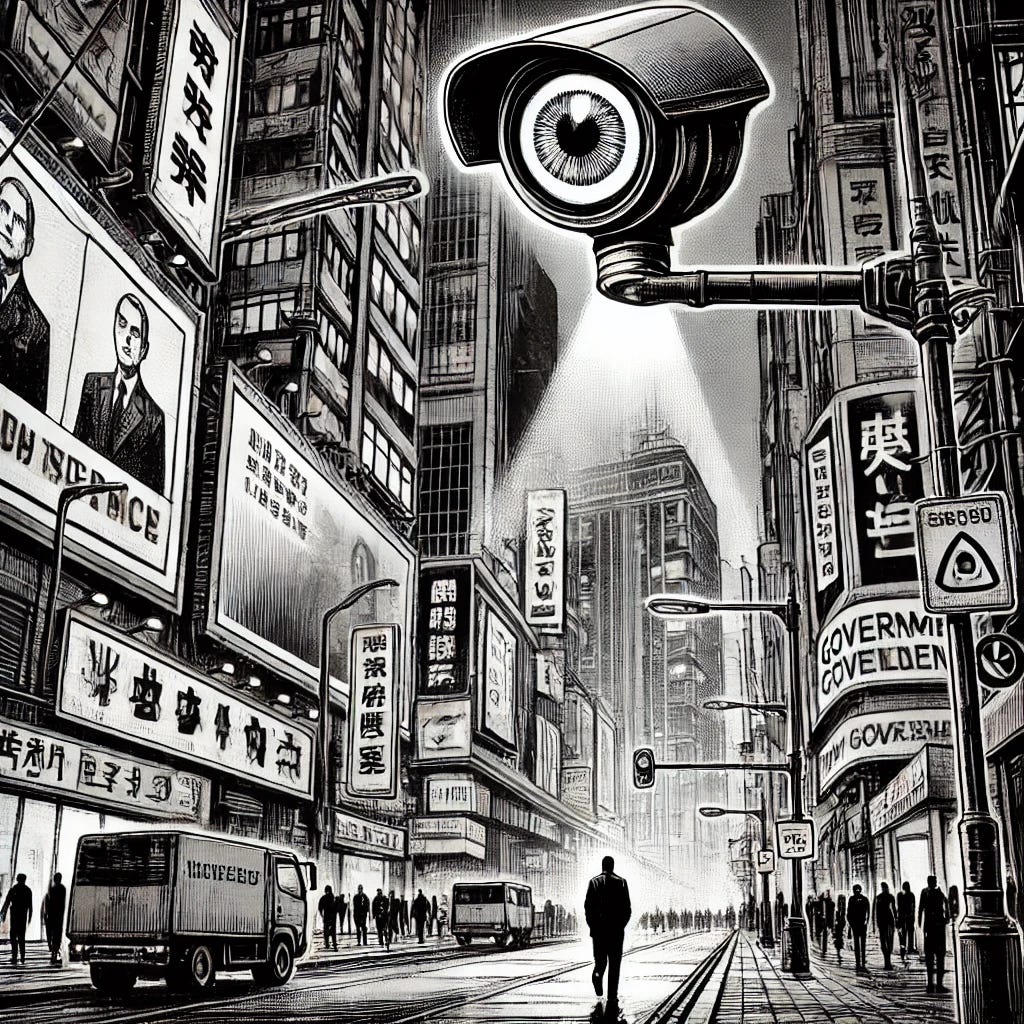During the Victorian era in England, lots of zoos were cropping up. These exhibits showcased the might of the British Empire, bringing in animals from all over the world.
There was also a keen scientific interest in studying animals. Darwin’s On the Origin of Species was making waves, giving wealthy parents a good reason to take their kids to the zoo. All in all, there were several different groups who would pay good money to see the animals doing all sorts of things.
There was one problem, though: sometimes the animals just kind of sat there.
What was needed was some way to provoke the animals into action, even if it was by way of an unnatural activity. Rattling the animal’s cage was just the thing.
Disrupting an animal’s peaceful slumber just so that a child or curious adult could be amused strikes me as very Victorian.
Throughout the 20th century, this phrase became more and more common, and more and more metaphorical. Today, we use it to describe a situation that is being shaken up, which is itself another metaphor for disruptive change. As phrases go, it’s pretty morbid.
Boiling frogs might be even more morbid than rattling cages. A German psychologist named Friedrich Goltz was studying the reflex action of frogs, wanting to understand the brain-body connection.
To do this, he removed the brains from a group of frogs, while leaving the other group intact. He compared the two groups as the temperature was gradually raised, and watched as the frogs with brains jumped out of the pot before it reached boiling. This part probably won’t surprise you: the frogs without brains did not jump out.
For some reason, the results were ignored or forgotten, and a myth developed that if you slowly turned the temperature up, the frog would just stay there and accept its fate.
This myth transformed into a powerful idiom. Now, boiling frogs could refer to any situation where danger is imminent, but we don’t notice because it creeps in so slowly.
Metaphorically speaking, sometimes rattling cages can lead to boiling frogs. A would-be authoritarian leader always starts by challenging the status quo and agitating for massive change. They start by rattling the cages. Then, the citizens become complacent to things as they change over time, letting things slide that would have been unacceptable last year. Before you know it, you’re under the thumb of the state, but not overnight.
Here’s an example I bet you can relate to personally. Remember when leaving your home and going for a walk meant that you wouldn’t end up on camera? We’ve steadily surrounded ourselves with billions of artificial eyes, but we hardly noticed the gradual slide into surveillance. The same can be said of social media, where the cage of our social ecosystem was first rattled around 20 years ago.
Cages get rattled pretty regularly these days, and disruptive change seems to be the norm in 2025. The important thing to keep in mind is that we’re all subject to becoming boiling frogs if we aren’t paying close attention.







"Metaphorically speaking, sometimes rattling cages can lead to boiling frogs. A would-be authoritarian leader always starts by challenging the status quo and agitating for massive change. They start by rattling the cages. Then, the citizens become complacent to things as they change over time, letting things slide that would have been unacceptable last year. Before you know it, you’re under the thumb of the state, but not overnight."
It's a good thing we've left that kind of stuff in our dark past.
So how did the frogs survive without brains long enough to be put in the hot water?